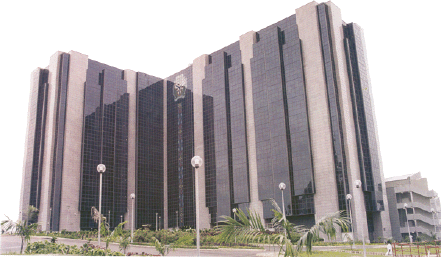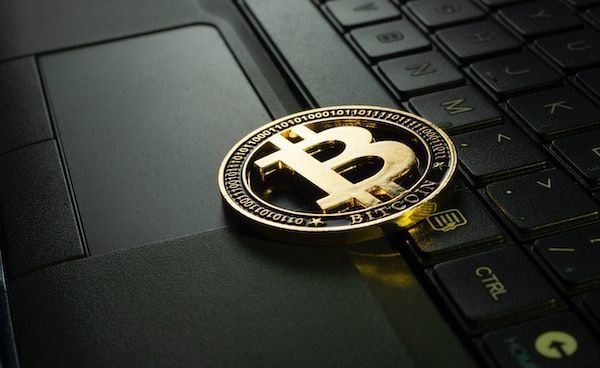In the years following the global rise of crypto coins, Nigerians joined the fray and adopted the trend quickly. As of 2022, it is reported that 27% of the 218 million Nigerians have invested in, traded, or bought, cryptocurrency. The number is still on the rise. This is no surprise as crypto helps hedge money against the volatile Naira-Dollar exchange rates and aids with cross border transactions with minimal hassle and fees. Sadly, in February 2021, the Central Bank of Nigeria banned commercial banks from facilitating crypto currency transactions. The ban at first seemed like a setback towards a crypto centric Nigerian economy. However, the adoption of crypto in Nigeria has been consistent despite the ban.

Cashless-ness and Crypto services
In November 2022, Nigeria’s apex bank announced measures to reduce the circulation and usage of liquid cash to take effect in January 2023. The move is aimed at encouraging a cashless economy and also to promote the premier Central Bank Digital Currency, the e-Naira. Experts believe moves towards cashless economies by Central Banks are able to set countries on course towards the accelerated adoption and usage of digital money and crypto coins.
Globally, many countries are moving towards digital payments facilitated by blockchain technology and cryptocurrency. During the Covid-19 Pandemic Singapore and the Philippines adopted contactless payment, which was mainly a move to stem the spread of the virus in both countries. However, as the battle against Covid-19 is gradually coming to an end, these countries have maintained the same method of payment. This has helped in the fast adoption of digital money and crypto currency in both countries. Crypto enthusiasts opine that the case may not be different in Nigeria with the new cashless policy of the CBN. Adedamola Ogunbewon, a Lagos based crypto trader and Economist says “the move towards a cashless society is a global trend with positive impact on Central Bank Digital Currencies (CBDCs) and cryptocurrrency, we will see more of their adoption in Nigeria in the year 2023”

With this in mind, crypto enthusiasts, experts, and financial experts speculate a great payday in the future for early investors in crypto. The ban has put restrictions for many Nigerians interested in buying, selling or even trading crypto. However, hassle free, completely legal, and highly secure crypto trading is possible through peer-2-peer platforms (P2P). This has been the means of trading for Nigerians affected by the ban. It has become obvious that crypto currency will be big talk in the country in 2023 when the new cashless policy comes to full enforcement. Warren Buffet is quoted saying “never invest in a business you cannot understand.” It is necessary to understand crypto then invest fast. So what are you waiting for? Invest and share in the comments below your enthusiasm, reservations, and expectations for crypto in 2023.






